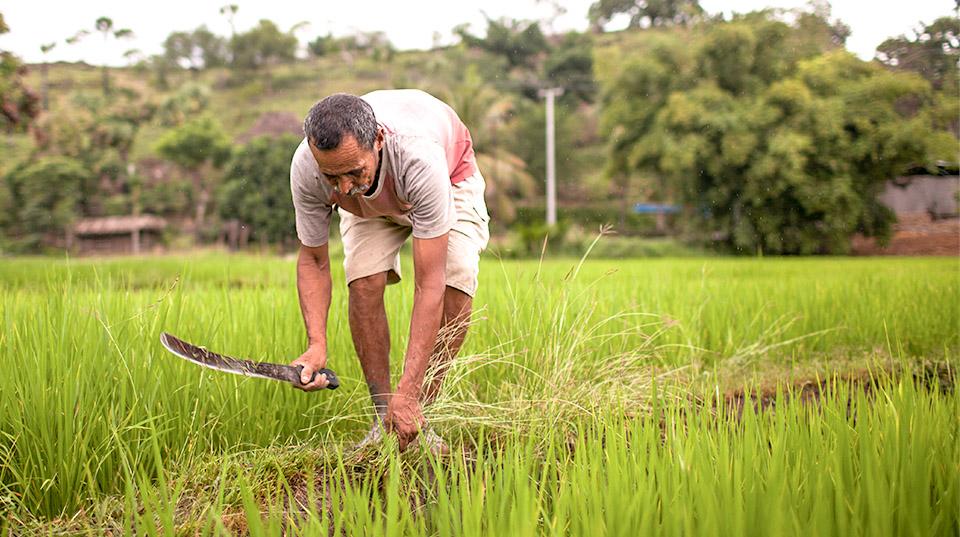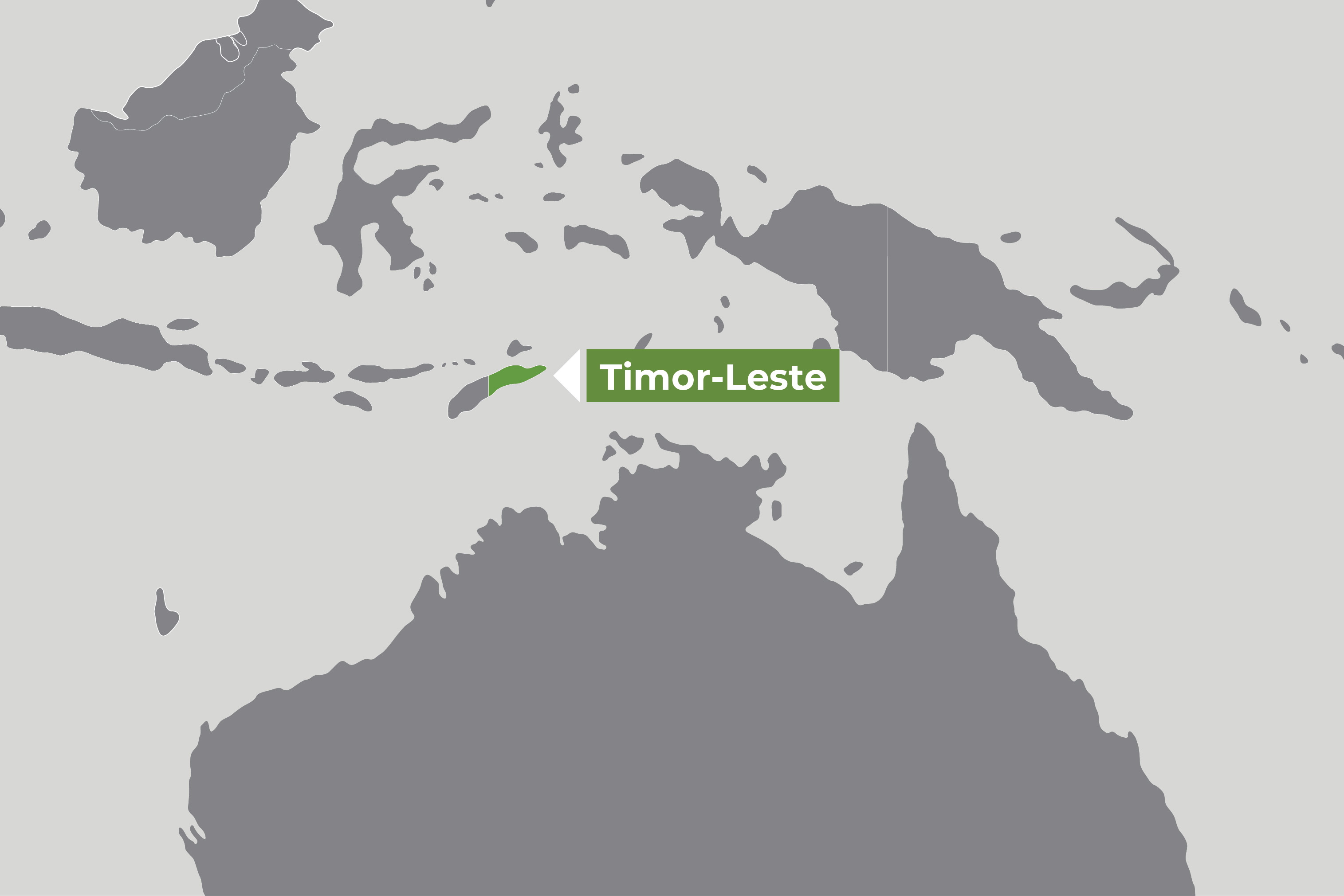Overview
This project aimed to improve smallholder farm and livelihood productivity focusing on innovation in soils management and improvement, and to investigate and document the resource base, livelihood, and agronomic strategies of communities in 3 distinct livelihood zones in Timor-Leste.
Timor-Leste is one of the poorest nations in the world. Since Timor-Leste gained independence in 2002, there have been significant efforts and resources provided through Australia’s ODA program along with investments from international development agencies, that aim to address the low agricultural productivity in the country and improve food and nutrition security for the population.
Progress towards these goals has been slow, and this small research activity will provide a stocktake of development efforts across the agricultural systems—crops, livestock, vegetables, forestry—within 3 key livelihood zones identified by the TOMAK program of DFAT in Timor-Leste. The 3 proposed livelihood zones comprise Inland irrigable watersheds; Upland high altitude; and Southern rainfed.
This research provides valuable knowledge on the target livelihood zones' cultural, socioeconomic, and agronomic context and potentials. The information will help guide the design of investments in research and development initiatives that improve the likelihood of successful and sustained impact in Timor-Leste.





